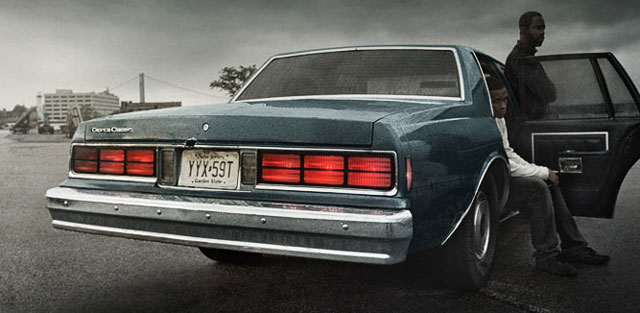Directed by Alexandre Moors
In 2002 John Muhammad and Lee Malvo carried out a series of shootings across Washington D.C., killing 10 people and wounding three more. Blue Caprice tells the story of these events, from Muhammad’s would-be adoption of Malvo to their eventual imprisonment.
The film is very concerned with the humanity of these men but never shies away from the brutality of their crime, making it something of a high-wire act throughout. It succeeds in finding this balance for the most part, not least because so much of the running time is devoted to explaining Malvo’s tragic upbringing and Muhammad’s unhinged state of mind.
This even-handedness is made possible through the acting of Issiah Washington (Muhammad) and Tequan Richmond (Malvo). The young Richmond impresses with an understated performance, conveying a wealth of damages and emotions with very little dialogue, but it is Washington who steals the show.
His Muhammad makes for a fascinating spectacle, veering at a moment’s notice between wounded father and murderous fundamentalist. Crucially though, the character remains sympathetic even in the midst of the scenery-chewing.
Blue Caprice marks the debut of Alexandre Moors as a feature-length director and he acquits himself well; a bleak tone hangs over the entire film and it takes no joy in depicting the downfall of these men. Indeed Moors reserves his anger for the American institutions that brought poverty and destitution to the most vulnerable areas of society.
While it is difficult to gauge just how true Blue Caprice is to the affair that it portrays, it makes for a compelling and challenging watch. It may be too much of a slow-burn for some but will be of interest to anyone who enjoys seeing cinema with a social consciousness.
The film will have its UK premiere on the 15th of June at the East End Film Festival.





